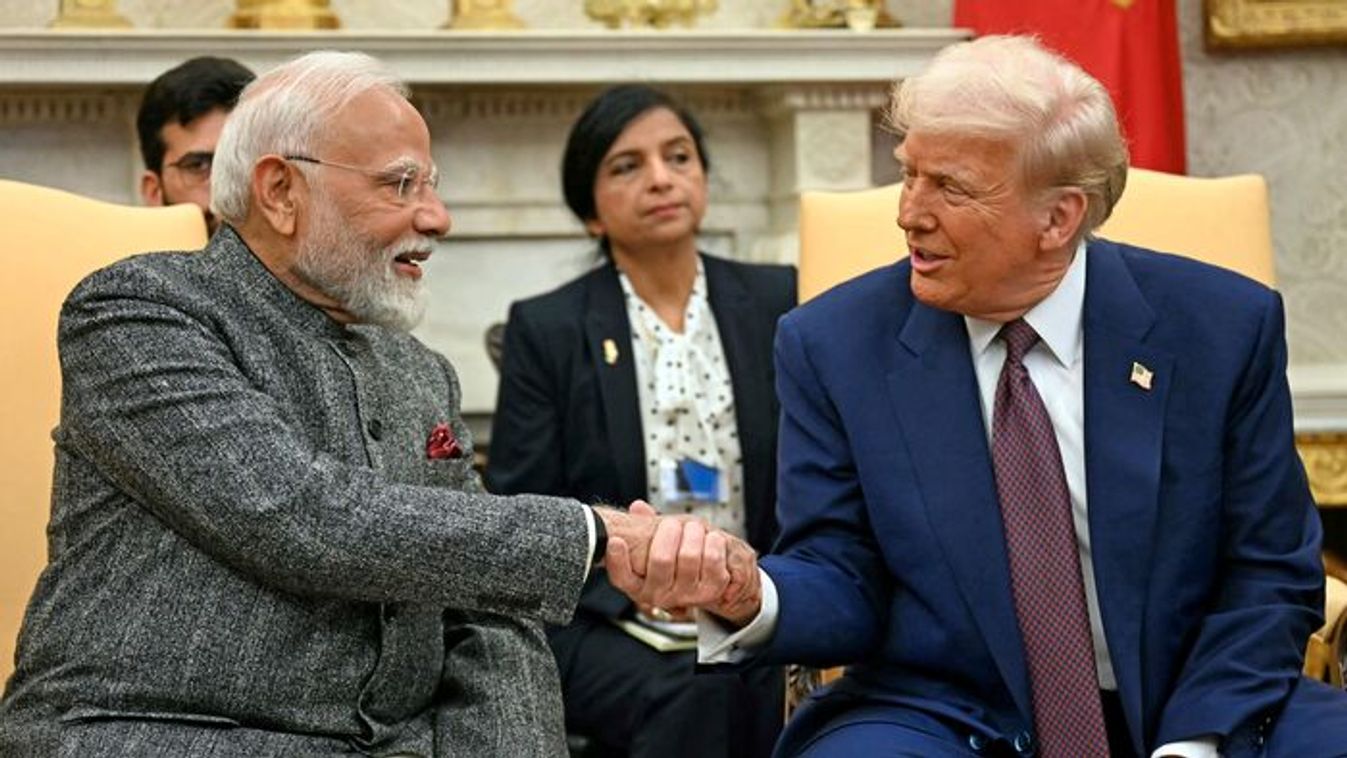Europe’s Harmony Overdose
Alas, some Europhiles’ unifying zeal has all too often spilled beyond the bounds of economic reason, even common sense. More unification and harmonization does not necessarily lead to effective – or even reasonable – solutions to the EU’s troubles.
The main point of the new European regulatory measures under consideration (apart from the so-called new Basel III rules) is to bring more stability to the financial system. The indirect effect will be to reduce the financial sector’s size – in absolute terms and relative to the economy – and to hinder its growth in the future.
But these effects will also occur in EU countries whose financial sectors have maintained a high degree of stability in the current crisis. Delivery of financial services will be made more difficult and expensive everywhere, even though some countries’ banks are financed by stable long-term deposits rather than short-term interbank loans, with few toxic assets and local loans that are more than comfortably covered by local deposits.
This is why one can hear many voices opposing the idea of a harmonized EU-wide bank levy or tax. This levy, strongly backed by those countries whose financial sectors are in tatters after the crisis, is hard to swallow for EU states that did not intervene to bail out their banks.
The levy is an easy way to spread the political and financial costs of the crisis from some to all EU members. If applied, bank capital will be scarcer, the flow of credit slower, and bank fees higher in countries with pretty stable financial sectors, simply because others have spent a fortune to support their financial systems – and because the European Commission never misses an opportunity to unify rules across the EU.
The same is true, for instance, for the derivatives trading system. The post-crisis harmonization fervor in this area means that it will now be more costly everywhere in the EU to insure against currency volatility or unexpected changes in interest. But such harmonization is neither necessary nor justified in every EU country.
We are also soon likely to have a unified, harmonized, and enforced-from-above system for euro payments, be they intrastate or interstate. The Commission reckons that it is rather suspicious that every country currently has its own system, and that these national systems are used by more customers and for more transactions than the harmonized Single Euro Payment Area (SEPA) system of payments.
The irony here is that, at its beginning, participation by private banks in SEPA was strictly voluntary. But many of the national systems have been evolving for many years. Millions of customers have willingly relied on them for their debit and credit payments, and simply have not found reason to switch to the SEPA system, with its different codes, abbreviations, and symbols.
This is the system that the Commission wants to prescribe for the whole Union, while banning all SEPA-incompatible products. Customers will have to change their payment orders and habits just because harmonization has become an end in itself for many in the EU. One simple rule should be applied as rigorously in this sensitive area as anywhere else: if it ain’t broke, don’t fix it.
Dubious harmonization and unification is in the pipeline in another area as well: macroeconomic performance. Over the last decade, we have watched as the Stability and Growth Pact (in which EU countries pledge to keep their public debts and deficits low) has dissipated in a mist of permissiveness. Recently, it almost looked as if the EU had finally come to understand that, given a lack of will, no pact – however commendable its purpose – can ensure sound fiscal policies.
But European institutions are now not only trying to repair the Pact, but are looking for ways to broaden its scope, making it possible to punish EU countries for “macroeconomic imbalances.” Just look at some of the proposals of EU President Herman Van Rompuy’s task force on economic governance. For example, if a poorer member country undergoes a period of real convergence and has a temporary current-account deficit – as is usual in such cases – it may be punished for not being sufficiently “harmonized.”
The same is true of a country that undergoes a period of strong productivity growth because it has reformed its labor market or kept real wages low and has a current-account surplus. Being too innovative, too competitive, too flexible, growing too much, and exporting too much might become “a problem” in this perverted logic of harmonization. So, Germans and others, are you listening carefully to these voices? Aren’t you afraid?
There are many areas of economic life in the EU where harmonization does help. But not every aspect of financial regulation and macroeconomic performance necessarily belongs in this category. We praise competition, not monopolies, in economic life. Competition in the rules that govern it might serve us better as well.
Mojmír Hampl is Vice-Governor of the Czech National Bank and a member of the EU''s Economic and Financial Committee.
Copyright: Project Syndicate, 2010.
www.project-syndicate.org








